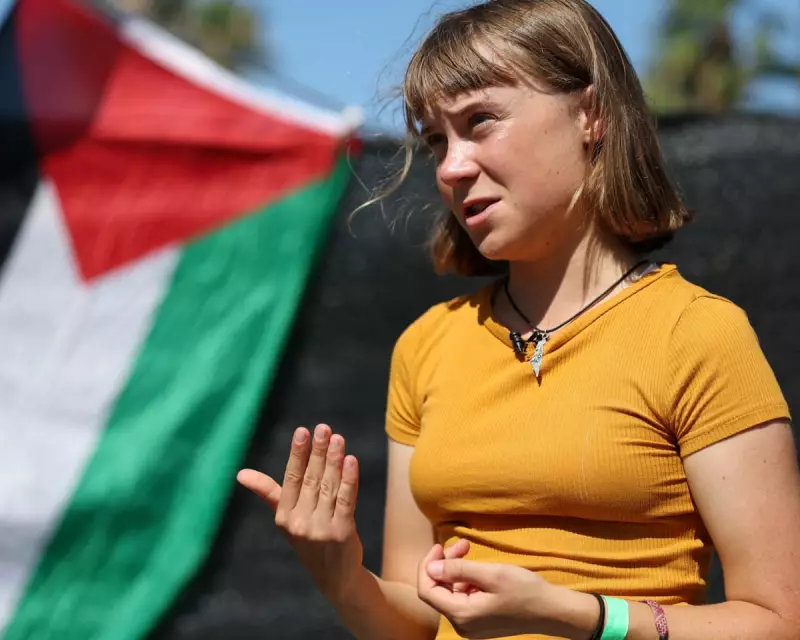
In a bold move that merges climate activism with humanitarian intervention, Swedish environmental campaigner Greta Thunberg is preparing to join a flotilla of ships aiming to break the long-standing Israeli naval blockade of Gaza. The mission, organised by a coalition of pro-Palestinian groups, is scheduled to set sail in the coming days.
The flotilla, dubbed the 'Civilian Lifeline for Gaza', intends to deliver essential humanitarian supplies to the strip's 2.3 million inhabitants, who have endured what the United Nations describes as a "devastating" humanitarian crisis following months of intense conflict.
Mission Objectives and International Response
Organisers from the Freedom Flotilla Coalition have stated their primary goal is to deliver vital aid directly to the people of Gaza. However, they acknowledge a broader political objective: to challenge the legality of Israel's 17-year maritime blockade and draw global attention to the situation.
Israeli officials have previously condemned such missions as provocations, vowing to intercept any vessels attempting to breach the blockade, which they maintain is essential for national security to prevent weapons smuggling by Hamas.
Historical Precedents and Risks
This latest effort recalls the ill-fated 2010 Mavi Marmara flotilla, where Israeli commandos raided a Turkish-led aid ship, resulting in the deaths of ten activists. The incident sparked international condemnation and a severe diplomatic rift between Israel and Turkey.
The involvement of a high-profile figure like Ms. Thunberg significantly raises the mission's global media profile, potentially increasing the political stakes for all parties involved. Security analysts warn that the journey carries inherent risks of a confrontation.
Onboard the Vessel: Aid and Advocacy
The vessels are reported to be carrying thousands of tonnes of supplies, including:
- Medical equipment and pharmaceuticals
- Food and clean water
- Emergency shelter materials
- Power generators
Ms. Thunberg's participation signals a notable expansion of her activism beyond ecological issues. In a statement, she said, "The climate justice movement is inextricably linked to the fight for human rights everywhere. The situation in Gaza is a humanitarian catastrophe that the world cannot ignore."
The flotilla's departure and its journey across the Mediterranean are expected to be closely monitored by governments and international bodies, testing the waters of diplomatic relations and the enforcement of the contested blockade.





